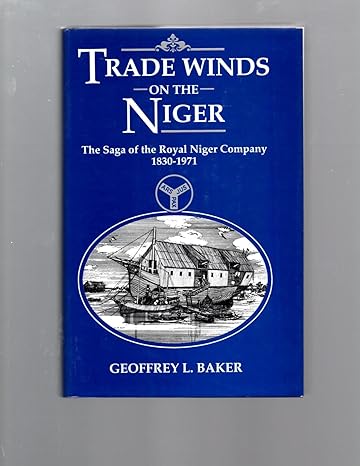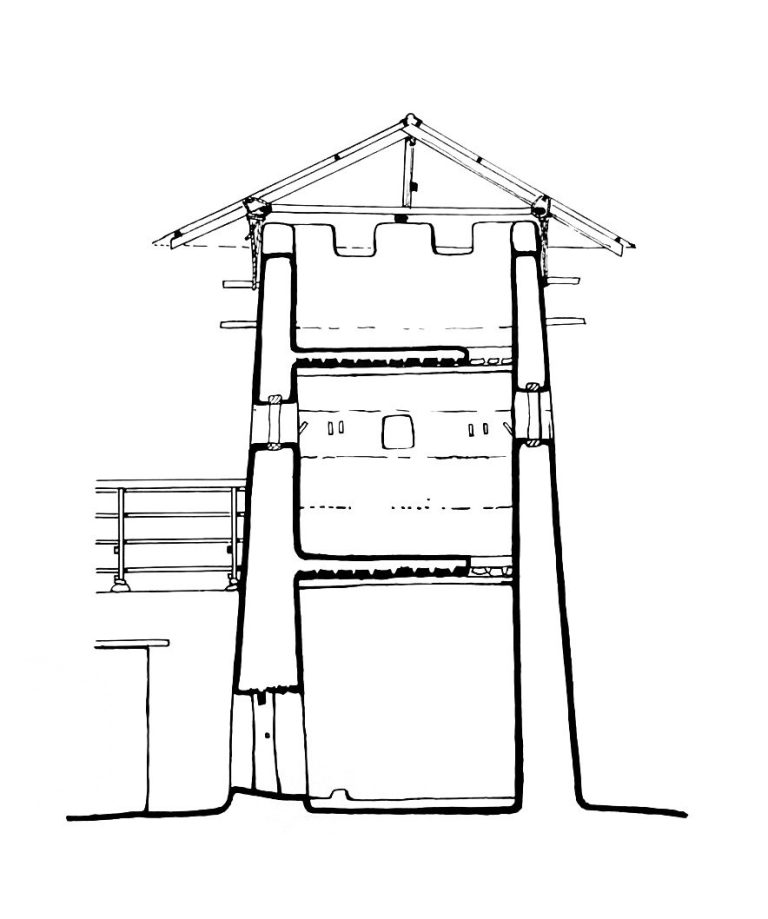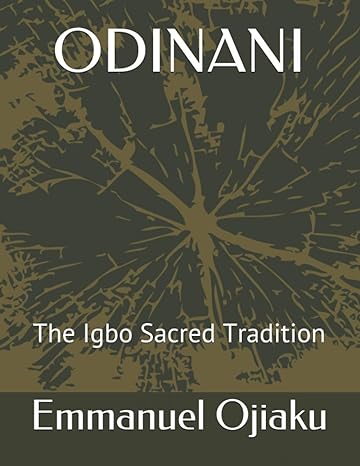Title: Trade Winds on the Niger: Saga of the Royal Niger Company, 1830-1971
Author: Geoffrey L. Baker
Publisher: Radcliffe Press
Publication Date: December 31, 1996
Format: Hardcover
Pages: 333
ISBN-10: 1860640141
ISBN-13: 978-1860640148
Language: English
Overview
“Trade Winds on the Niger: Saga of the Royal Niger Company, 1830-1971” by Geoffrey L. Baker offers an in-depth historical account of the Royal Niger Company, its formation, and its impact on West African trade, particularly in the region now known as Nigeria. This meticulously researched book traces the company’s evolution from its early days during the waning period of the slave trade to its significant role in shaping modern trade practices and political landscapes in West Africa.
Content Summary
Early Trade and Challenges The book begins in 1830, depicting the harsh realities faced by early traders, often referred to as “palm oil ruffians.” These traders exchanged goods like coloured beads and gin for valuable commodities such as palm oil and ivory. Baker vividly describes their struggles against diseases like malaria and dysentery, which claimed many lives.
Formation of the Royal Niger Company A significant portion of the book is dedicated to the formation of the Royal Niger Company in 1886. Baker details how the company established a private army to protect its interests and expand its influence in the Niger Delta and beyond. This period marked a transition from chaotic trading practices to more structured and aggressive business strategies.
Corporate Evolution and Influence The narrative continues with the company’s takeover by Lever Brothers Ltd in 1920 and its subsequent amalgamation with the African and Eastern Trade Co-operation in 1929 to form the United Africa Company. This merger created one of the largest trading organizations in West Africa, which played a crucial role in the region’s commercial activities.
Modernization and Decline The book also covers the pressures of modern trade techniques and the push towards national independence, leading to significant changes in the company’s operations. By 1971, the company had divested from its large river fleet, marking the end of an era but remaining a dominant commercial entity in Nigeria and West Africa.
Key Features
- Historical Depth: Provides a comprehensive history of the Royal Niger Company and its successors.
- Detailed Accounts: Rich with anecdotes and detailed descriptions of the challenges faced by early traders.
- Corporate Evolution: Explains the transformations and mergers that shaped the company’s history.
Audience
This book is ideal for historians, scholars of African studies, business historians, and anyone interested in the colonial history of West Africa. It provides a thorough understanding of how trade practices evolved and the impact of European companies on African economies and societies.
Pros
- Thorough Research: Extensive documentation and detailed historical accounts.
- Engaging Narratives: Vivid descriptions that bring historical events to life.
- Comprehensive Coverage: Covers over a century of trade history and corporate evolution.
Cons
- Specialized Focus: The detailed historical focus may be too specific for casual readers.
- Dense Information: The richness of details might be overwhelming for those looking for a lighter read.
Conclusion
“Trade Winds on the Niger: Saga of the Royal Niger Company, 1830-1971” by Geoffrey L. Baker is a scholarly yet engaging account of one of the most influential trading companies in West Africa. Baker’s work offers invaluable insights into the economic and social transformations brought about by European trading practices in the region. This book is a must-read for anyone looking to understand the historical foundations of modern West African trade and the legacy of colonial enterprises.







